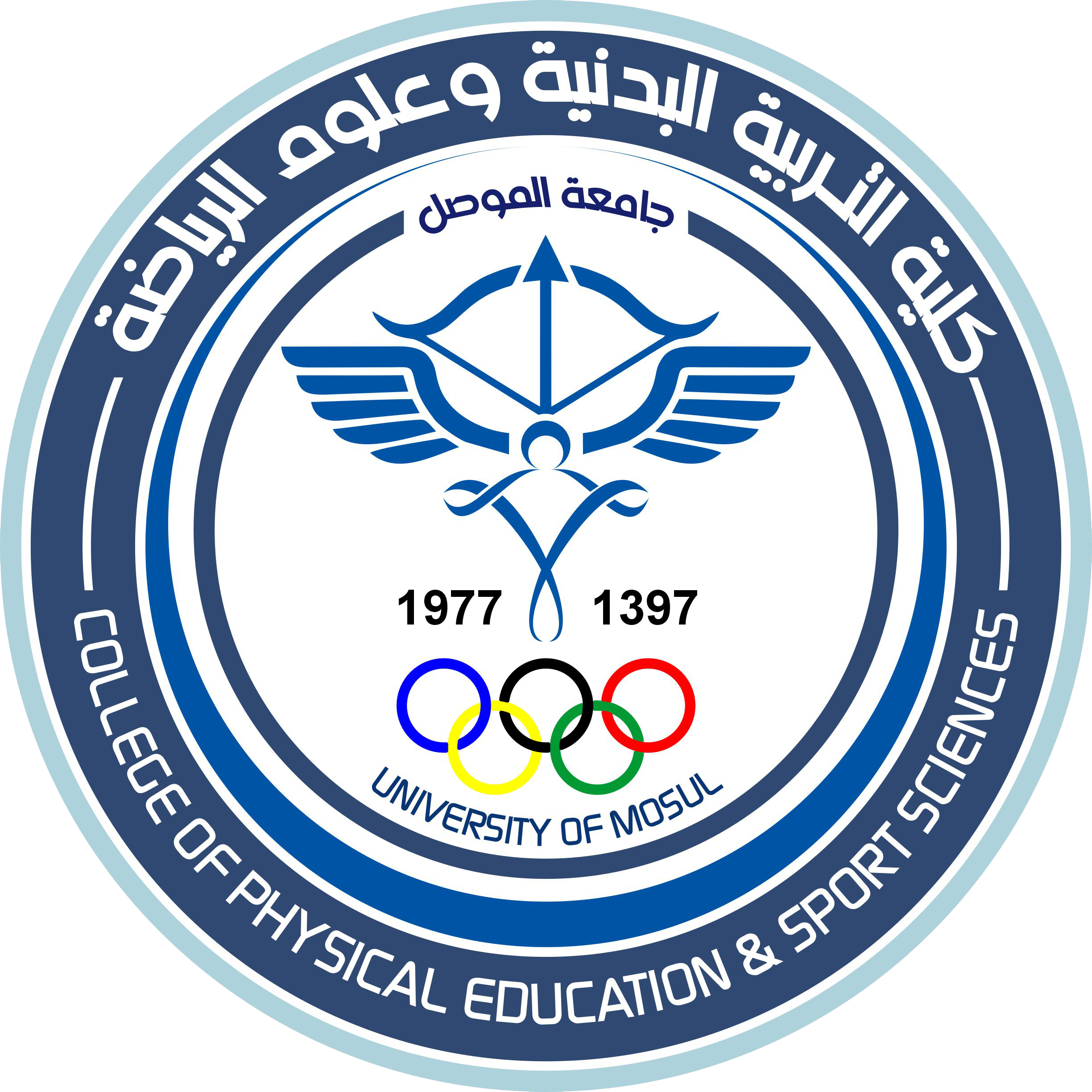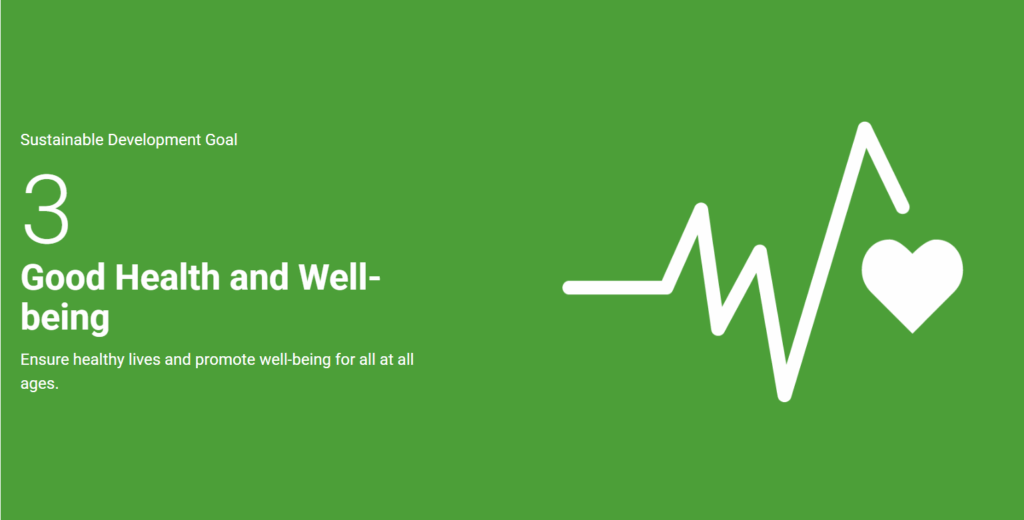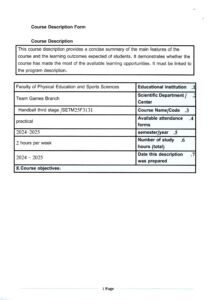sustainable development
College activities
The College of Physical Education and Sports Sciences seeks to achieve sustainable development goals within society. Although the sustainable development goals were not formulated solely from a human rights perspective, many of them reflect the content of international standards. For example, the goals of poverty eradication, zero hunger, good health and well-being, quality education, clean water and hygiene, decent work, economic growth and other goals reflect much of the basic content of economic, social and cultural rights. The goal of peace, justice and strong institutions addresses some fundamental dimensions of civil and political rights, including personal security, access to justice and fundamental freedoms.
The college’s plan is rooted in the principles of equality and non-discrimination, and is committed to including everyone without any exception. It also devotes two main goals to combating discrimination and inequality: a goal on gender equality, and a goal on reducing inequality within and between countries. In addition to its comprehensive commitment to disaggregating data, and regularly following up on its plans to formulate a complete plan that adopts a human rights-based approach, which is crucial for its effective implementation.
The process of implementing sustainable development goals has several facets. The goal of education, for example, is achieved by addressing educational lectures for faculty members, employees, and students, through which the culture of sustainable development is spread within the university community, which naturally moves to the general community. The best evidence of this is that students began to pay attention to the environment through tree planting campaigns inside and outside the university community, educating on waste recycling, and spreading the culture of peaceful coexistence and non-discrimination by distributing food baskets to the needy and visiting homes for the elderly. They also spread sports culture across the community by performing exercises inside parks, using simple and clean means of transportation such as bicycles, and creating special paths and parking lots for people of determination


